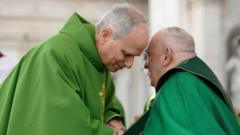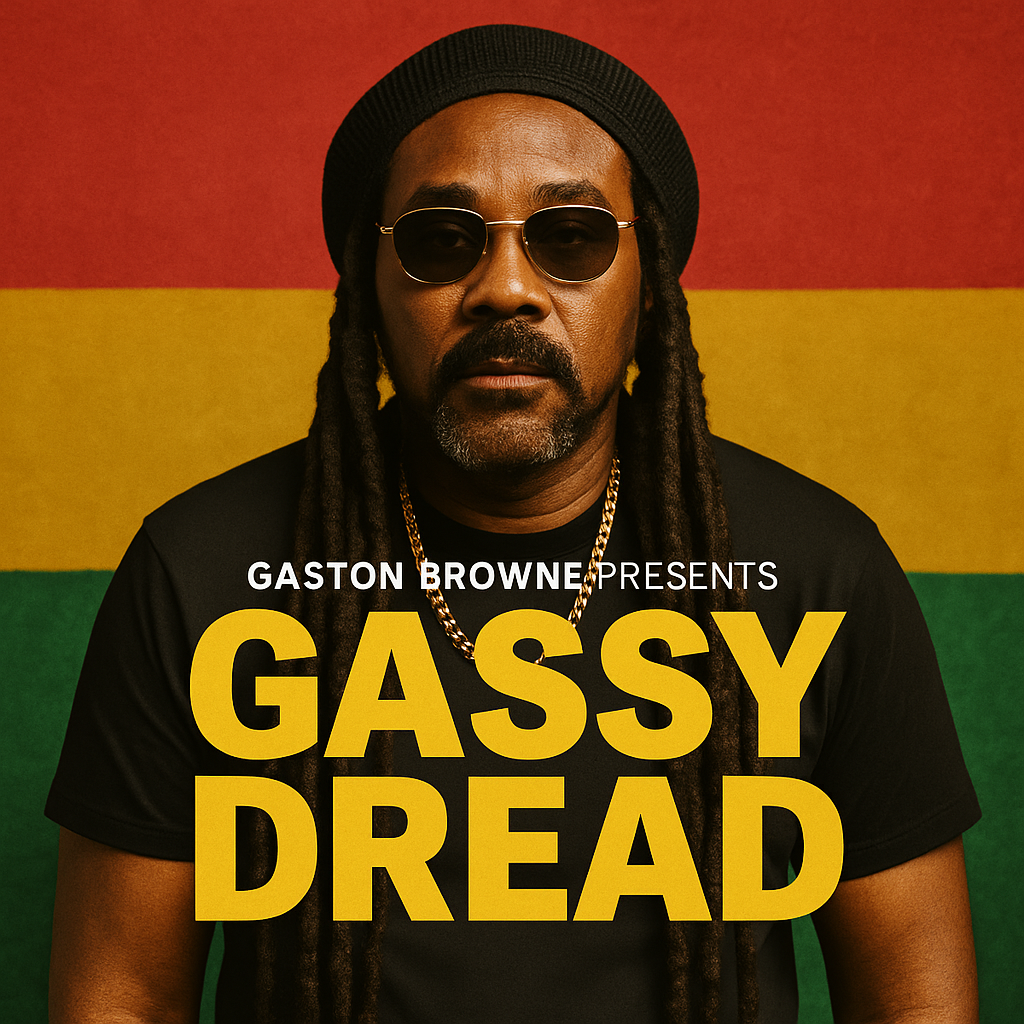As the conclave proceeded swiftly, it became evident that continuity and unity were pivotal themes guiding the electors. Many cardinals recognized the significant advancements made by Pope Francis, particularly in outreach to marginalized communities and those beyond the Catholic faith. However, challenges persist within the Church, marked by entrenched divisions between differing doctrinal schools of thought.
Cardinal Prevost emerged as a viable candidate, known for his alignment with Pope Francis but also for his ability to resonate with a diverse audience. His dual heritage as a US-Peruvian national positions him uniquely to navigate the diverse cultural landscapes within the Church, making him an effective voice for unity across various global issues such as migration, climate change, and social inequality.
In his inaugural address from the Vatican balcony, now Pope Leo XIV emphasized themes of connection and collective responsibility, reiterating the importance of “building bridges” among people worldwide. This echoes Pope Francis’ legacy while reestablishing a commitment to inclusivity and dialogue, which has been perceived as lacking in recent engagements in the U.S.
However, as the new pope sets sail, his past decisions regarding political and social issues will undoubtedly come under scrutiny. The voting cardinals indicated their confidence in Prevost’s ability to lead the Church as a global moral authority, assuming that any historical controversies do not significantly impede his leadership.
Facing numerous challenges ahead, Pope Leo XIV's swift election reflects a robust mandate from the cardinals, suggesting that continuity and unity will be cornerstones of his papacy as he endeavors to steer the Church through a complex and often volatile global landscape.
Cardinal Prevost emerged as a viable candidate, known for his alignment with Pope Francis but also for his ability to resonate with a diverse audience. His dual heritage as a US-Peruvian national positions him uniquely to navigate the diverse cultural landscapes within the Church, making him an effective voice for unity across various global issues such as migration, climate change, and social inequality.
In his inaugural address from the Vatican balcony, now Pope Leo XIV emphasized themes of connection and collective responsibility, reiterating the importance of “building bridges” among people worldwide. This echoes Pope Francis’ legacy while reestablishing a commitment to inclusivity and dialogue, which has been perceived as lacking in recent engagements in the U.S.
However, as the new pope sets sail, his past decisions regarding political and social issues will undoubtedly come under scrutiny. The voting cardinals indicated their confidence in Prevost’s ability to lead the Church as a global moral authority, assuming that any historical controversies do not significantly impede his leadership.
Facing numerous challenges ahead, Pope Leo XIV's swift election reflects a robust mandate from the cardinals, suggesting that continuity and unity will be cornerstones of his papacy as he endeavors to steer the Church through a complex and often volatile global landscape.





















